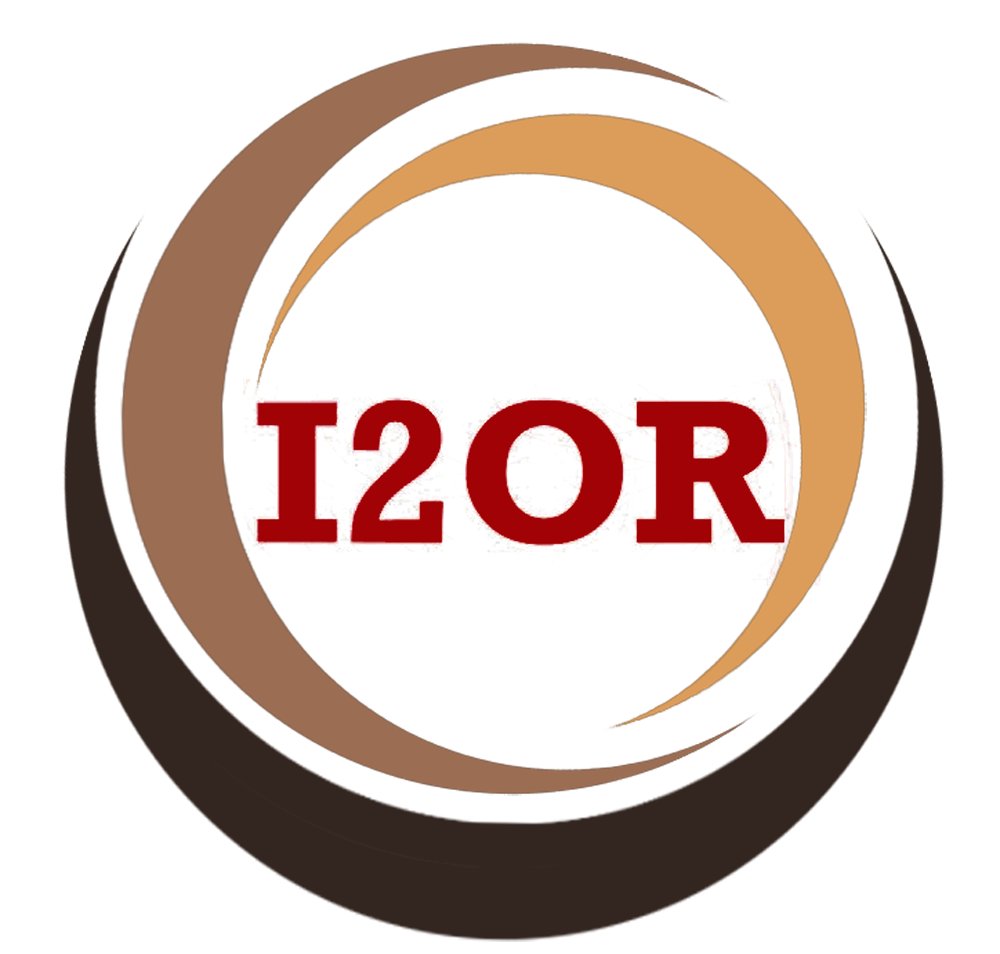Personal finance: Education from resource optimization for women
Keywords:
Personal finance, Women, Educational programs, EntrepreneurshipAbstract
In today's world, financial education has become a critical necessity, especially for women, who often face unique challenges in managing their personal finances, particularly when they play the dual role of both father and mother. Historically, women have been considered vulnerable due to limited access to financial resources and education. To support this relearning process, the objective was to provide education in personal finance, focusing on resource optimization to empower women and enhance their ability to manage their finances effectively and sustainably. Using a positive paradigm, the study employed a descriptive-exploratory, non-experimental field design supported by the hermeneutic method. Evidence included surveys and in-depth interviews. Participants shared their experiences and challenges in managing personal finances, along with their perceptions. Existing financial education programs in Panama, particularly those targeted at women, were also reviewed to assess their effectiveness and relevance. The findings revealed that many women lack basic knowledge of personal finance, making it difficult for them to make informed decisions about saving, investing, and managing debt. Barriers often limit women's participation in financial activities, highlighting the need for inclusive and gender-sensitive educational approaches. However, initiatives like the Canal de Empresarias at Ciudad del Saber in Panama, while commendable, fall short of addressing the scope of the issue. In conclusion, financial education has the potential to transform women's lives by equipping them with the knowledge and skills necessary for financial competence. To achieve significant impact, it is crucial to develop educational programs that address the specific needs of women, promoting greater equity and financial autonomy in society, as well as fostering entrepreneurship.







